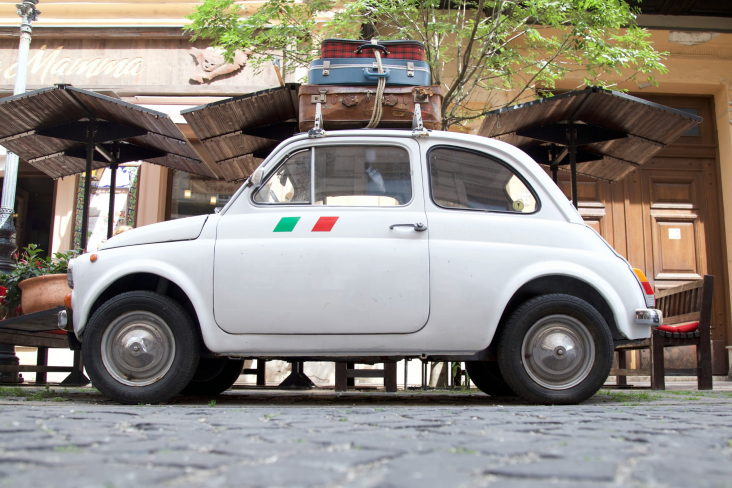Since 2021 a question mark has been hanging over whether four Uber drivers were independent contractors or employees. In a landmark decision, the Court of Appeal has now ruled that Uber drivers are employees.
Employment lawyers and other practitioners are divided over the outcome.
Let’s back up a step
First up, the Employment Relations Authority determined the drivers in question were independent contractors, then the Employment Court overturned that decision and said the drivers were employees.
Uber appealed this decision on the grounds that the Chief Judge in the Employment Court had taken the incorrect approach when reaching her determination. The Court of Appeal agreed. But when applying the correct approach, it came to the same conclusion. The four Uber drivers were in fact employees.
How was this determined?
Whether a person is a contractor, or an employee comes down to a matter of fact. The court looks at specific tests to determine the real nature of the relationship. These tests include:
Control
How much control does a business have over a person’s work? Work content, hours and methods are looked at. The greater the control, the more likely the person is considered to be an employee.
Integration
Is the work the person does fundamental to the business operation? If the business cannot operate or does not exist without that person, then they are most probably an employee.
Economic Reality
Does the person in the business run their own account? For example, they may have a say in the fees they charge or carry a financial risk. In that case, they are likely to be considered an independent contractor.
When the tests were applied to the Uber relationship, while the drivers could pick and choose which rides they took, there were many other criteria that reduced their freedom and it was found that:
- The drivers had no ability to establish any business goodwill of their own.
- They could not influence the quality or quantity of work they received.
- They could not bargain with Uber about how much they could charge or earn on any given job.
In its final determination, the Court of Appeal said.
"We do not consider that these drivers can, in reality, be said to be carrying out a transport service business on their own account when they are subject to the high level of control and direction that Uber exercises over the provision of services by its drivers."
What happens now?
The Court has been very clear in saying that this determination only relates to these four drivers. That has allowed Uber the ability to say that it will not change its operations yet.
Uber has also said, it will appeal the matter to the Supreme Court, so we’ve yet to see what the final word from the courts will be.
Alongside that the Government has also outlined plans to reform the legal position with changes to the Employment Relations Act to be introduced in 2025.
Government 2025 changes
The changes the Government has signaled are to provide certainty by saying that a person will be a contractor if the following four criteria are met:
- a written agreement with the worker, specifying they are an independent contractor, and
- the business does not restrict the worker from working for another business (including competitors), and
- the business does not require the worker to be available to work on specific times of day or days, or for a minimum number of hours OR the worker can sub-contract the work, and
- the business does not terminate the contract if the worker does not accept an additional task or engagement.
